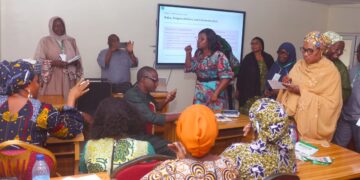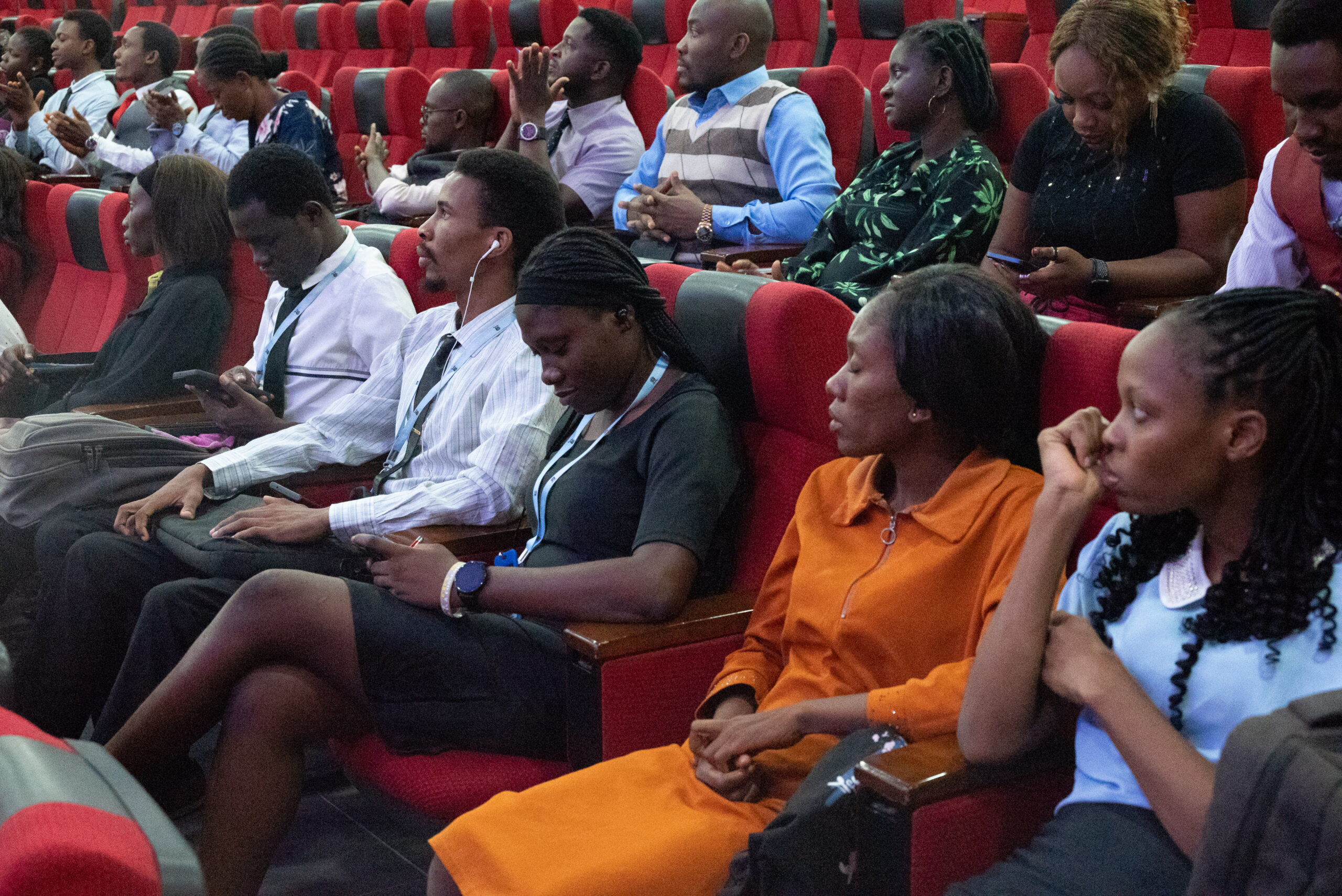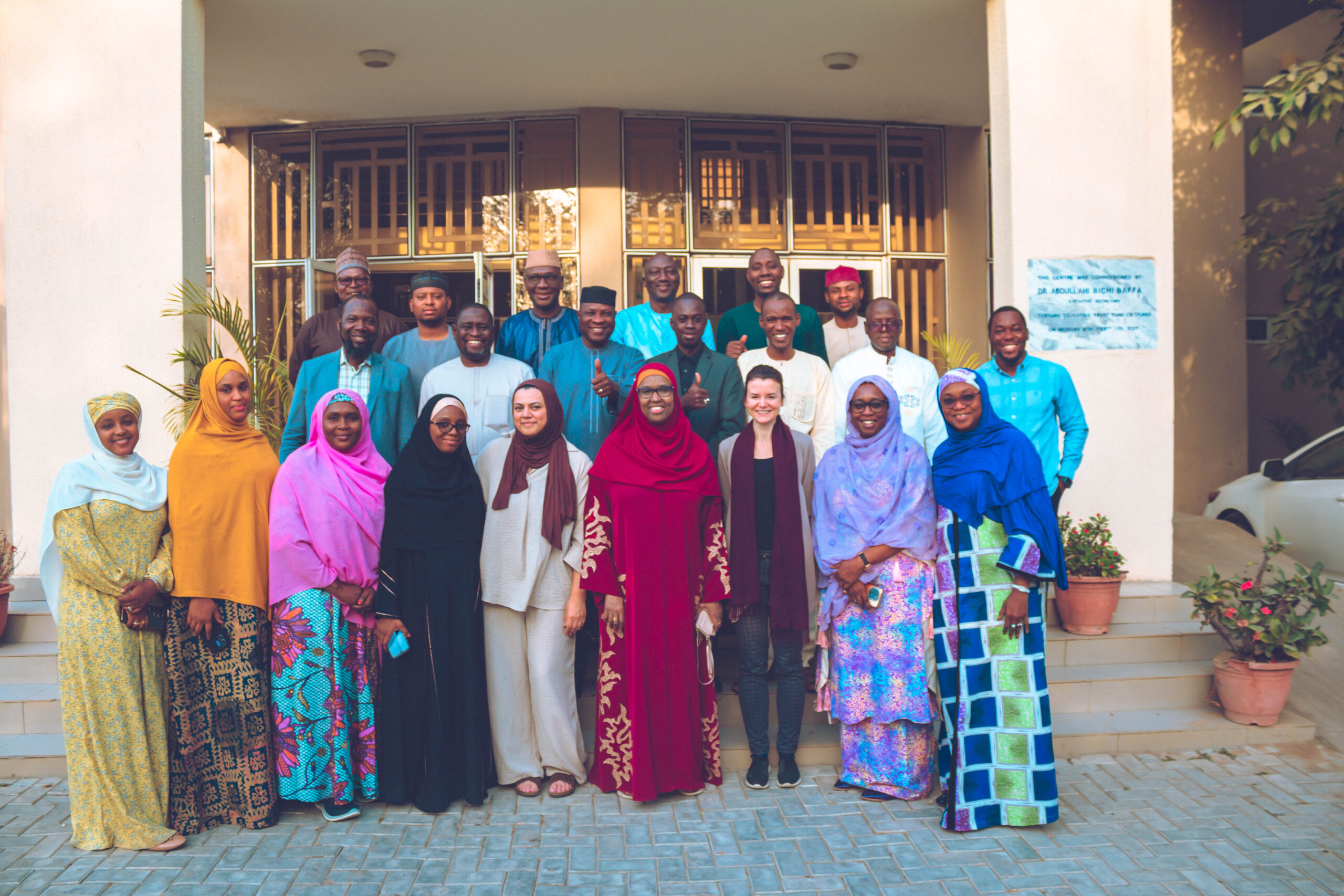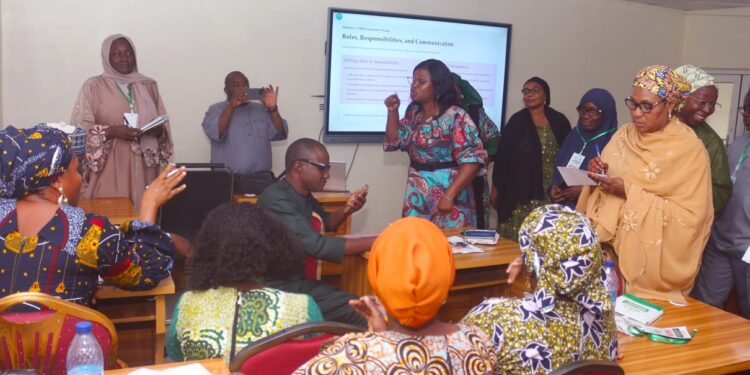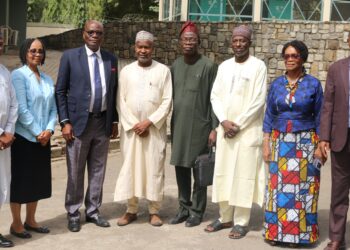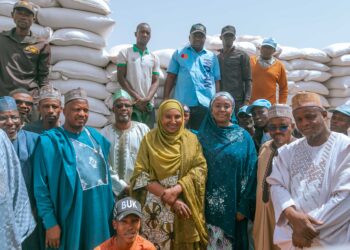By Amina Ahmad Aminu, Communications Officer, SPESSE-CE ABU Zaria
The Sustainable Procurement, Environmental and Social Standards Enhancement Centre of Excellence (SPESSE-CE) at Ahmadu Bello University, Zaria, has organised a short executive training for social safeguard officers of the Livestock Productivity and Resilience Support (L-PRES) project across Nigeria. The training entitled Grievance Redress Mechanism was held recently with Participants from 19 states across the country’s four geopolitical zones and the Federal Capital.
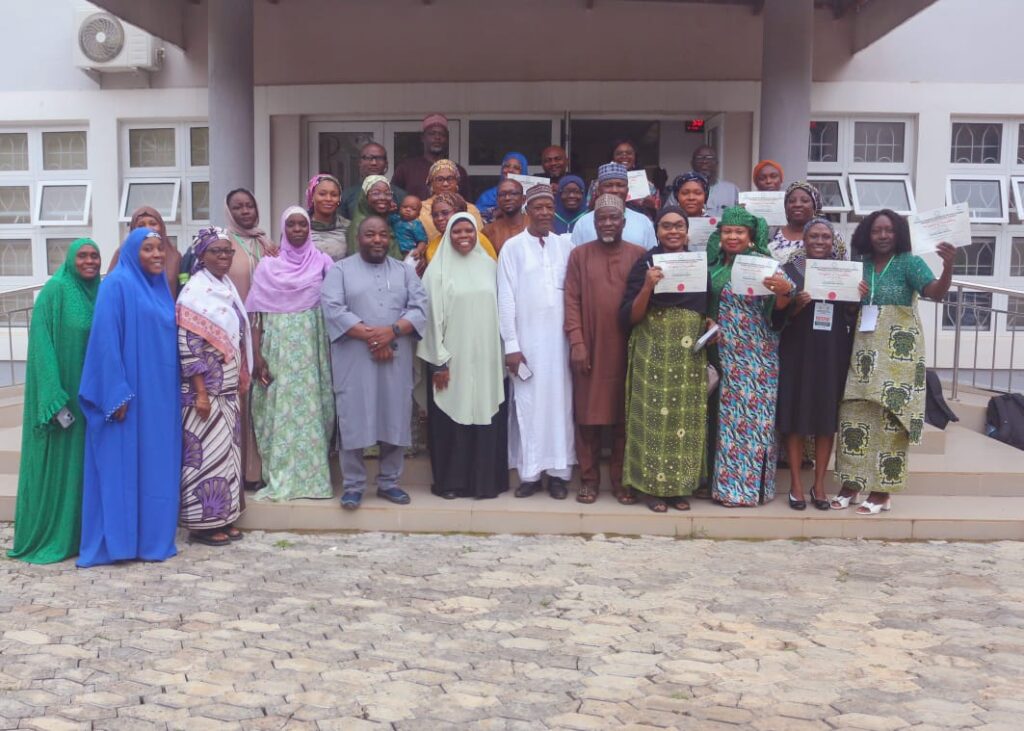
Speaking at the opening ceremony, the Centre Leader, Professor Wisdom Japhet, explained the SPESSE project as a World Bank-supported initiative aimed at building human capacity in Procurement, Environmental, and Social Standards. He stressed that the SPESSECE prioritises competence and proactive skills over certificates. “Proactiveness ahead of reactiveness is our mantra”, he said.
The Grievance Redress Mechanism was developed to promote transparency and accountability in Nigeria’s development sector.
The Deputy Centre Leader of the Sustainable Social Development cluster of the Centre, Prof. Hajara Shuaibu, engaged the participants through extensive and robust case study analysis of various grievances in projects and how to mitigate them to achieve project goals and objectives. Professor Shuaibu further commended participants for their resilience and punctuality in attending training sessions.
The training featured other resource persons, including Professor Musa Idris, Professor C.K. Akpa and Dr Hashim Muhammad Suleiman. All resource persons committed participants in interactive case studies and shared tools for effective grievance handling. Discussions during the training also included practical conflict resolution strategies that concern farmer-herder clashes in various parts of the country.
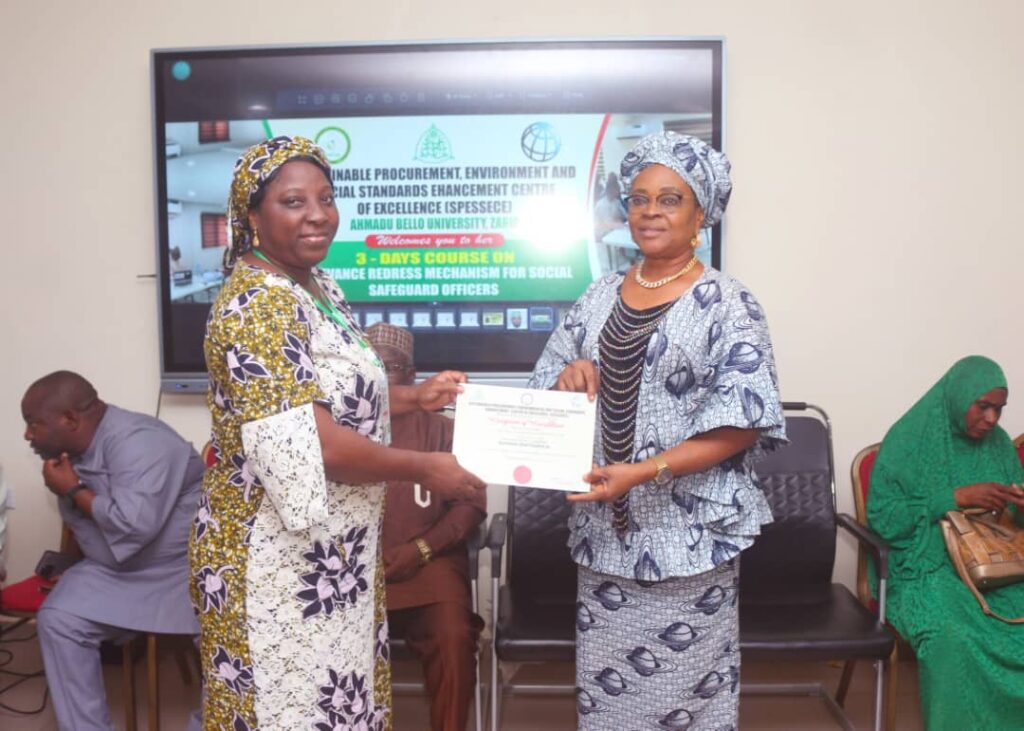
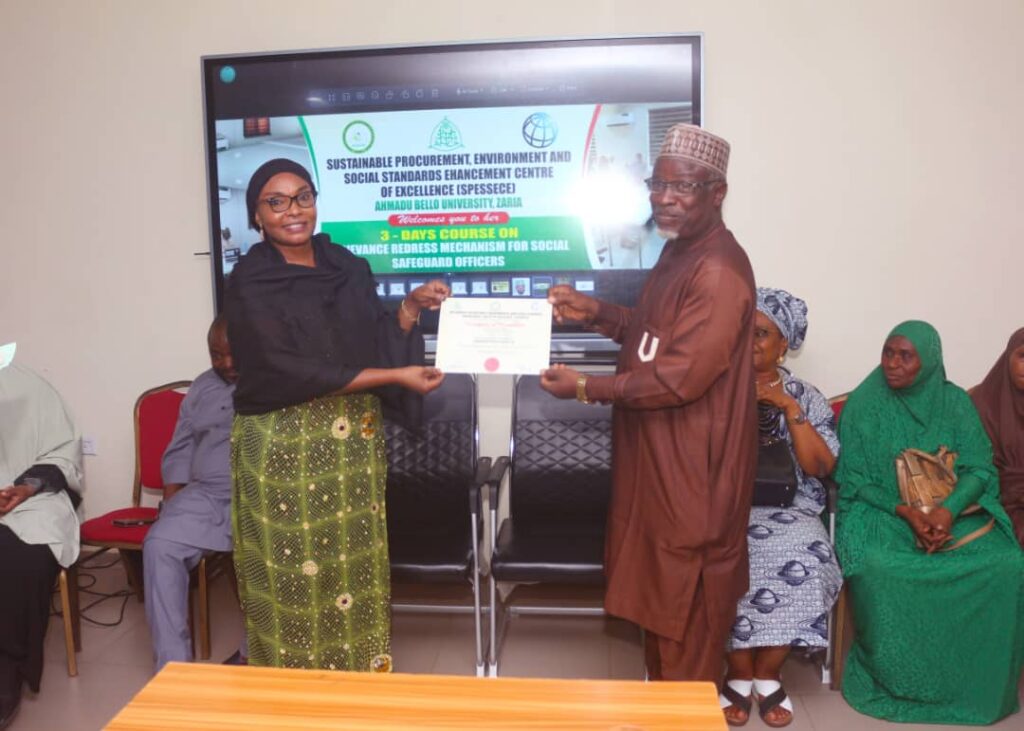
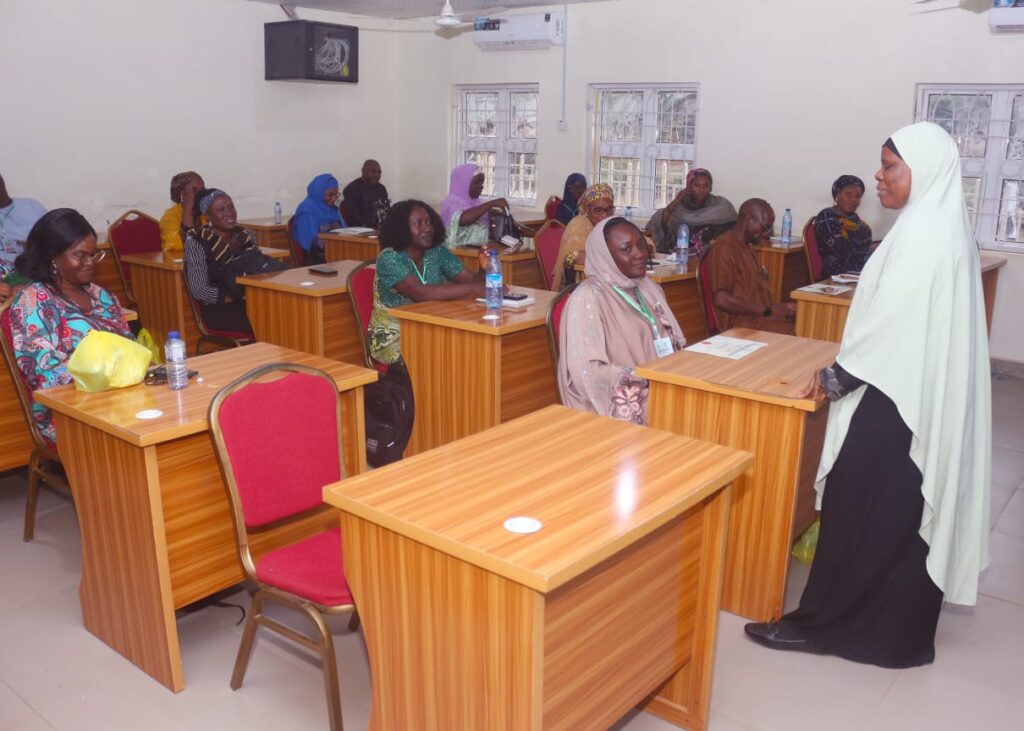
Speaking with one of the participants from Bauchi State, he highlighted the weaknesses of enforcement mechanisms and complicity of traditional authorities in the persistent crises. “In some places, community leaders side with herders at the expense of farmers, worsening the tension,” he said.
The Training Sponsor, Mrs Maryam Adamu, emphasised the importance of the training, stating that such interactive platforms serve as avenues for professionals to rub minds and proffer lasting solutions to the grievances encountered during project implementation. She further commended SPESSE-CE ABU for its commitment to ensuring a successful training exercise.
The three-day training has not only strengthened the capacity of the Participants but reinforced SPESSECE’s devotion to promoting transparency, accountability and inclusiveness in project implementation by equipping participants with practical tools and strategies for identifying, documenting, and resolving grievances. As participants return to their respective institutions and project sites, the knowledge gained is expected to enhance conflict sensitivity and foster trust among stakeholders, ultimately contributing to the success and sustainability of SPESSE-CE initiatives nationwide.
